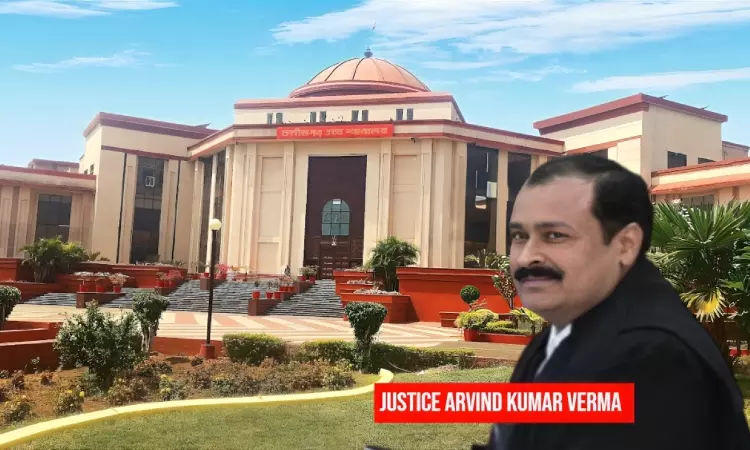Legislature Must Relax Rigid Conditions U/S 45 PMLA To Allow Room For Bail Determination On Case-By-Case Basis: Chhattisgarh HC
Sparsh Upadhyay
4 March 2025 1:46 PM IST

Next Story
4 March 2025 1:46 PM IST
In a significant observation, the Chhattisgarh High Court has said that in the interest of upholding the fundamental rights of the citizens, the legislature must relax the 'rigid' twin conditions under Section 45 of Prevention of Money Laundering Act to provide 'wiggle room' to the courts to determine bail on a more case-to-case basis. “This would prevent minor bail cases reaching...
